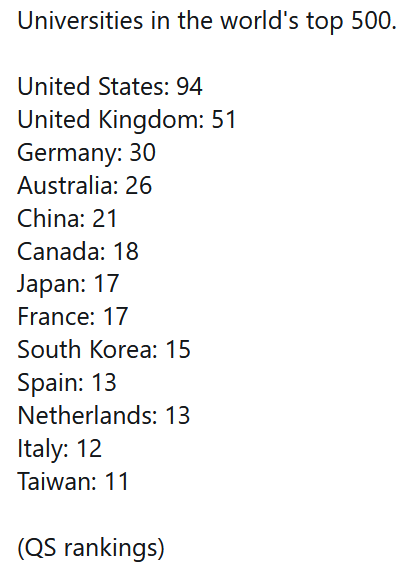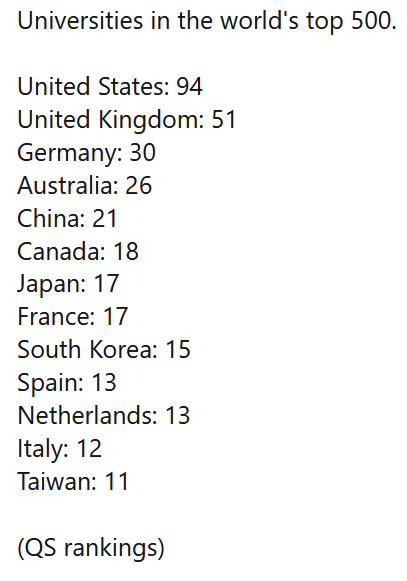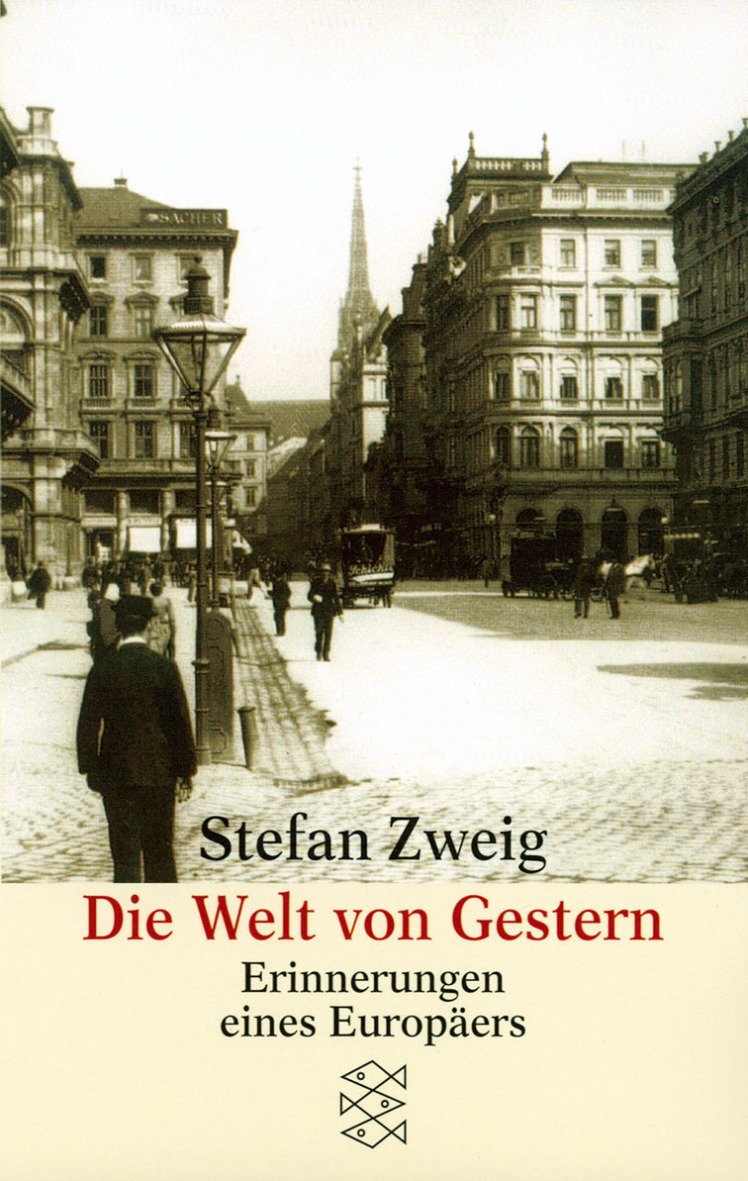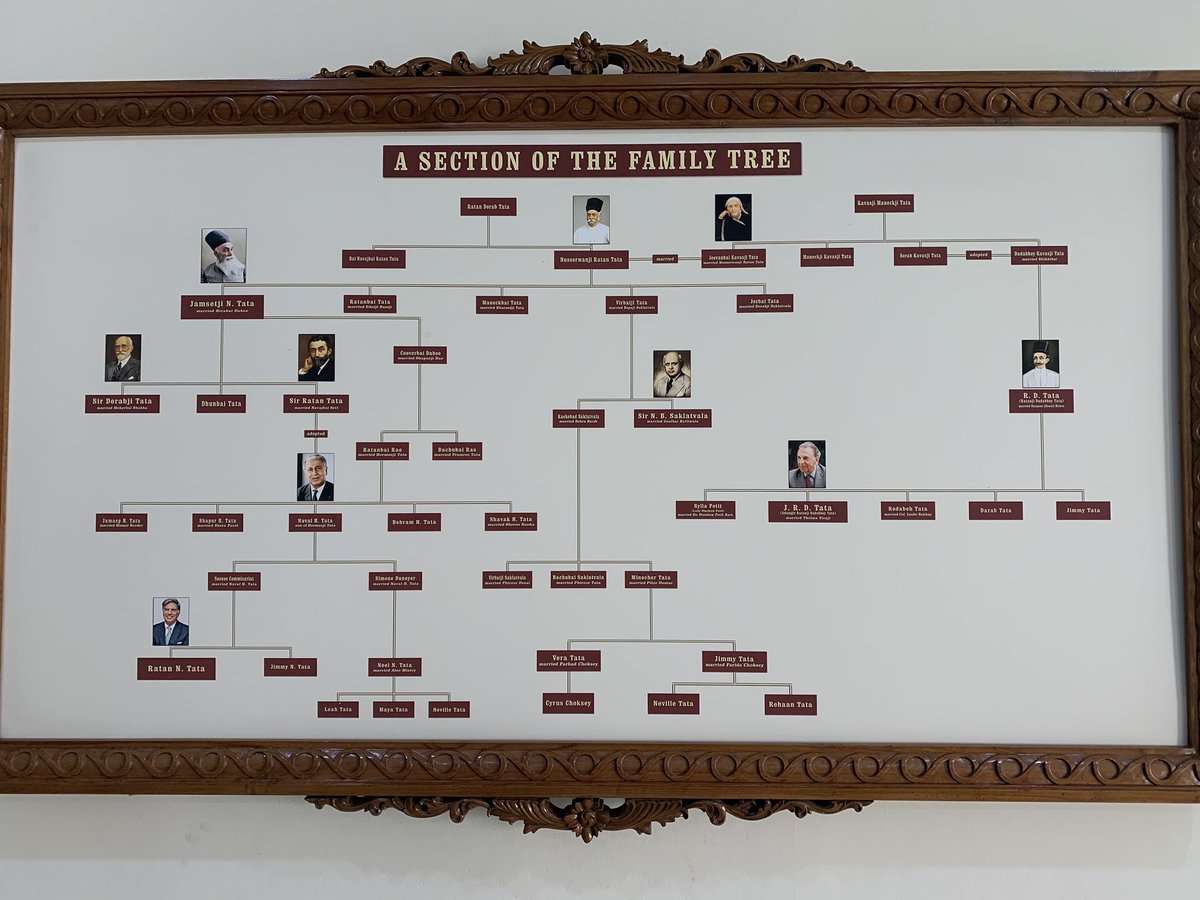Forget about concepts like ‘glocalization,’ the ‘Global South,’ and ‘Eurocentrism.’ We live in a world dominated by three hierarchized regions: Coastal U.S./Anglosphere, Western Europe, and post-Confucian East Asia.
Book: asianreviewofbooks.com/content/americ… Paper: cambridge.org/core/journals/…



*See: brill.com/view/title/333…
Yes, inter-regionally-mobile stuff glocalizes in new environments, but under what conditions?
Ideas, norms, ideals, products, capital, and organizational forms spread from the U.S. to other world regions, where they then glocalize. Meanwhile, less is traveling in the opposite direction.

We live in a world of asymmetries in which most of the capital, power, and prestige concentrates in a few centers in three world regions: coastal U.S./Anglosphere (the leader among the leaders), Western Europe and post-Confucian East Asia.





